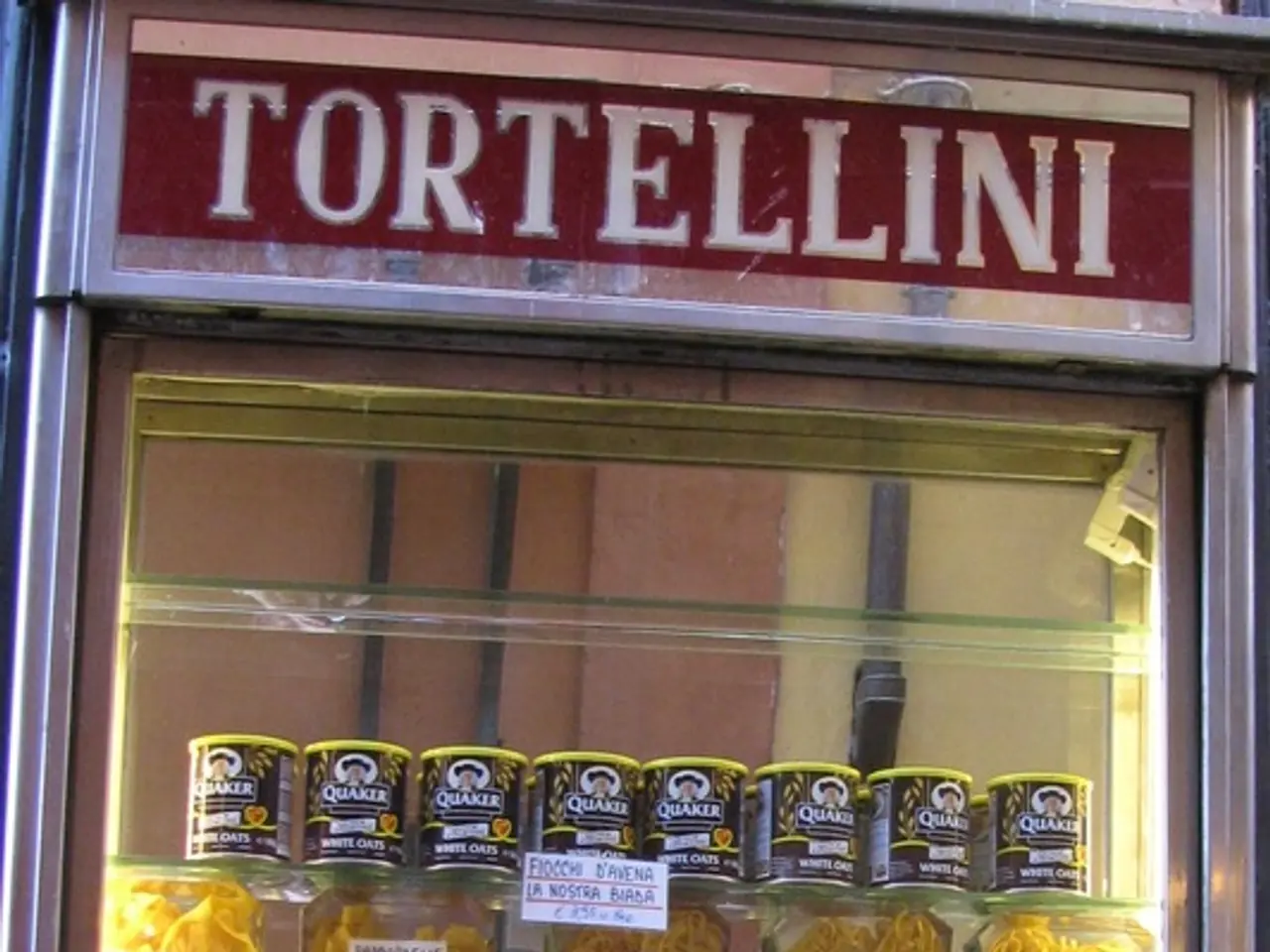Raising Lab Freezer Temperatures for Energy Saving Purposes Gaining Global Popularity
In a bid to reduce waste and increase sustainability, researchers worldwide are sharing data on what survives at different temperatures, building evidence that allows scientists to maintain their samples while being less wasteful. This movement is gaining traction, with McGill University at the forefront of this initiative.
McGill alone houses hundreds of freezers that run around the clock, and there are tens of thousands of such freezers across the globe. These freezers, essential for preserving precious samples, are now being challenged to set their ultra-low temperature freezers to a higher temperature, such as –70 °C, to lower electricity use and operational costs without compromising sample preservation.
This adjustment has proven effective, with McGill University leading the way in 2011 when they successfully stored DNA samples at room temperature. This groundbreaking discovery has opened up new possibilities for energy-efficient storage.
The Reinhardt Laboratory at McGill University, under the leadership of Dr. Dieter Reinhardt, Canada Research Chair in Cell-Matrix Biology, has joined the movement. The ultra-low temperature freezer in the Reinhardt Laboratory currently runs at minus 65 degrees Celsius, a significant step up from the traditional temperature of minus 80 degrees Celsius.
Dr. Reinhardt suggests that this change can add years to the lifespan of freezers and decrease the frequency of defrosting, further contributing to energy savings. He also emphasises the importance of keeping accurate inventories and regular cleaning to address the issue of cluttered freezers.
The potential savings from reducing the electricity use of freezers are enormous, both financially and environmentally. Leftover samples accumulate in freezers because it takes years to generate them, leading to cluttered, energy-hungry graveyards. By increasing the temperature of freezers, labs can cut electricity use by as much as 30 percent.
McGill University has taken this initiative a step further by joining the International Freezer Challenge and offering prizes to participating labs. This global competition encourages labs to rethink their storage practices and has saved over 24 million kilowatt hours of energy worldwide since its launch six years ago.
Allen Doyle, the driving force behind the "Just Call Me Ultra-Low" campaign, is working to break the cultural association between freezers and one magic number. By challenging the status quo, Doyle hopes to inspire labs to adopt more sustainable practices and contribute to a greener future for biomedical research.
Read also:
- Inadequate supply of accessible housing overlooks London's disabled community
- Strange discovery in EU: Rabbits found with unusual appendages resembling tentacles on their heads
- Duration of a Travelling Blood Clot: Time Scale Explained
- Fainting versus Seizures: Overlaps, Distinctions, and Proper Responses






